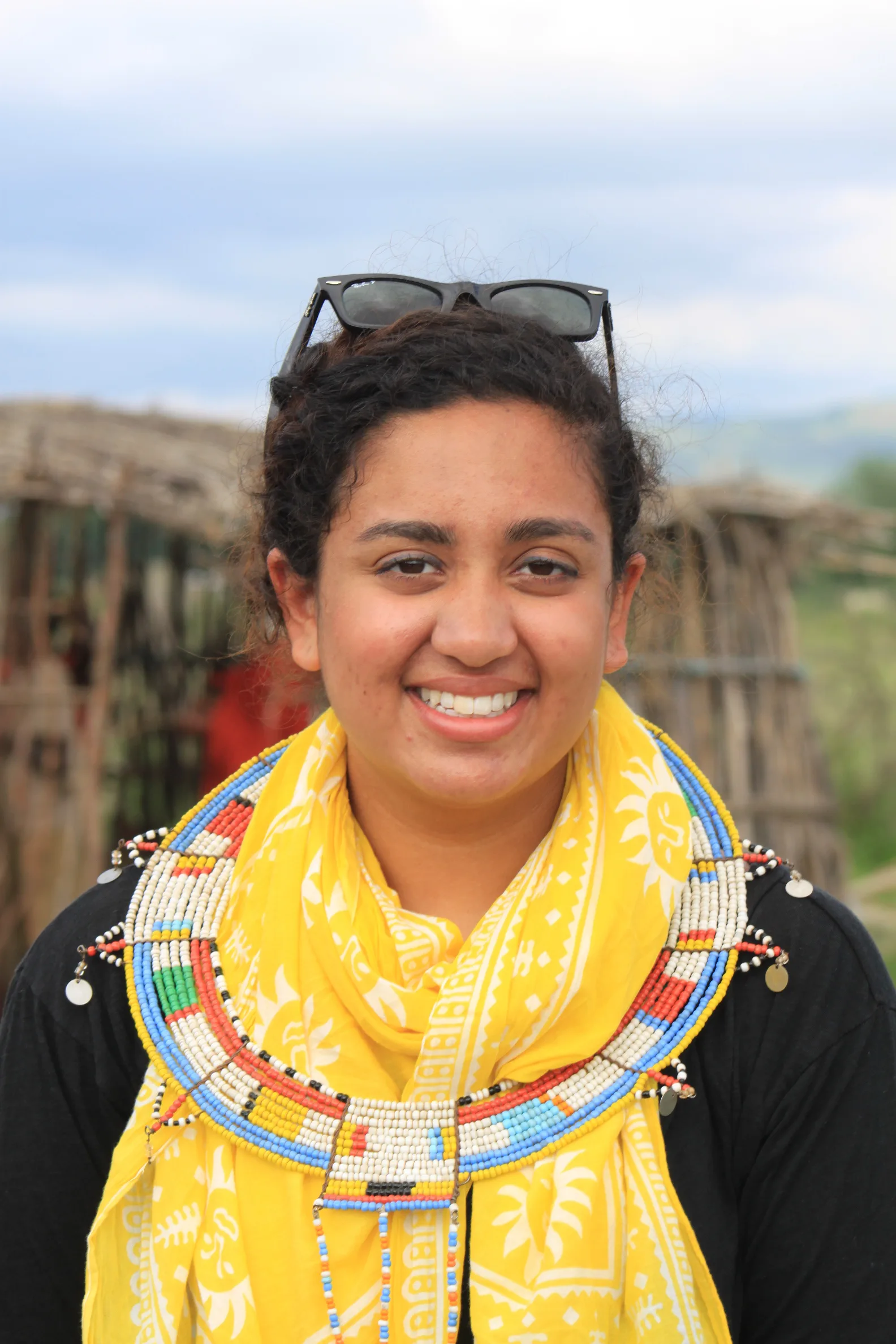Final Impressions of SFS Tanzania
What did you like most about the SFS experience?
During my three and a half months in Tanzania, SFS has provided a well-rounded and diverse experience. From spending time in the national parks to visiting the Hadzabe and immersing ourselves in the cultural phenomena, SFS has given me an experience of a life time. What I love most about the SFS experience is the feeling of family. Growing up with twelve people, family is pretty important to me. SFS provided another home to each and every one of us, a place that may always be our second home. From the understanding professors, our great staff, drivers, and wonderful SAM, SFS has provided an experience that encompasses family, culture, and wildlife.
You’ve been in the country for a full semester – tell us your impressions of it now.
Tanzania will take your breath away. From the colorful skies, to the rolling lush hills, Tanzania has it all. In my life, I have never met such nice and happy people. It’s everything and more than what I expected. I came here confused, but spending the last three and half months in Tanzania, I found a place where I fit in. Tanzania has given me another home.
What is life at the field station really like? What are the best and the most challenging parts of living at a remote field station?
Okay, life at the field station is definitely not what I expected! Since you are always in close quarters with people, you essentially have no privacy. You have to share the space at the camp with 50 other people so it can get frustrating at times. Each banda has four people and they all are pretty close to each other. However, the camp itself is beautiful. It’s always breezy, never too hot. If you step outside of the compound, you have a breath taking view. You can see lush rolling hills, the corn fields, and a beautiful sunset. Even though you have no privacy, we still act like a family. Everyone helps each other. The best parts of living at the field station are that you feel like a part of the community. Our living situation does not feel artificial, but genuine. You feel like you are in Africa. It can be hard sometimes. Because since we are living in a remote field station, it is hard to access things like shopping markets or food places, but that’s a minor detail in the grand scheme of things. If I had to go back and redo this, I’d keep the field station the same.
What ended up being your biggest challenge this semester both academically and culturally?
Academically I struggled with grasping wildlife management and techniques. I study humans-medicine and anthropology; I don’t know much about animals. I struggled with understanding the wildlife systems in Tanzania: how national parks work, different components of ecology and policies. Culturally, I struggled with learning Swahili. It’s such an important component in being immersed into the culture. I think the language barrier prevented me from learning more about the people and the way of life in Tanzania.
What is the best memory you have from the semester? Give some highlights.
My favorite memory from the semester was our visit to Oldupai Gorge. It may seem slightly bland, but I was in awe the moment the cars stopped near the edge of the Gorge. My entire academic career, I’ve studied the evolution of mankind and what it means to be human. Well, all my questions were answered that day. The view was spectacular. You could stand at the edge of the Gorge, look down and know that this is the place where our ancestors originated. When you ask a person, what is your family lineage, people say, “my family is from India, or England, Russia, France, etc.” However, all our ancestors were once in Oldupai. The evolution of hominids is not only fascinating but a story that lies within each and every one of us.
Give three adjectives that best describes how you are feeling right now.
Reflective. Sentimental. Content.

Related Posts

Camila Rojas: Alumni Spotlight⭐

